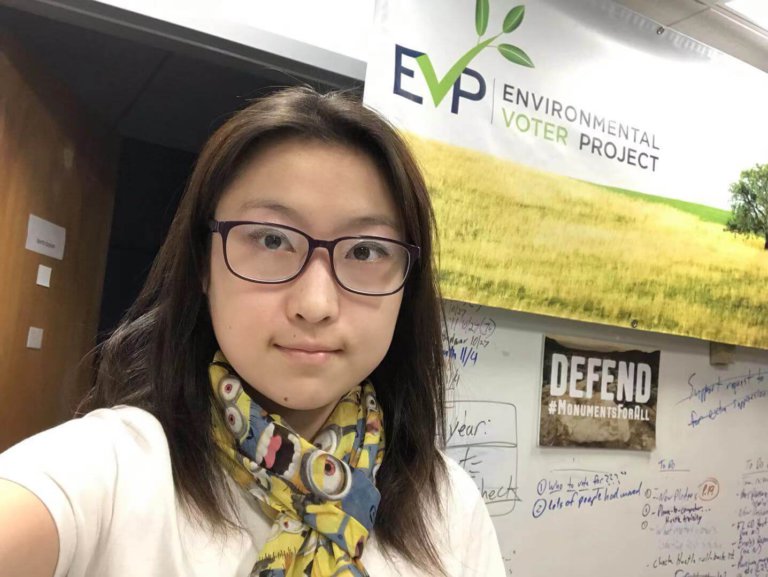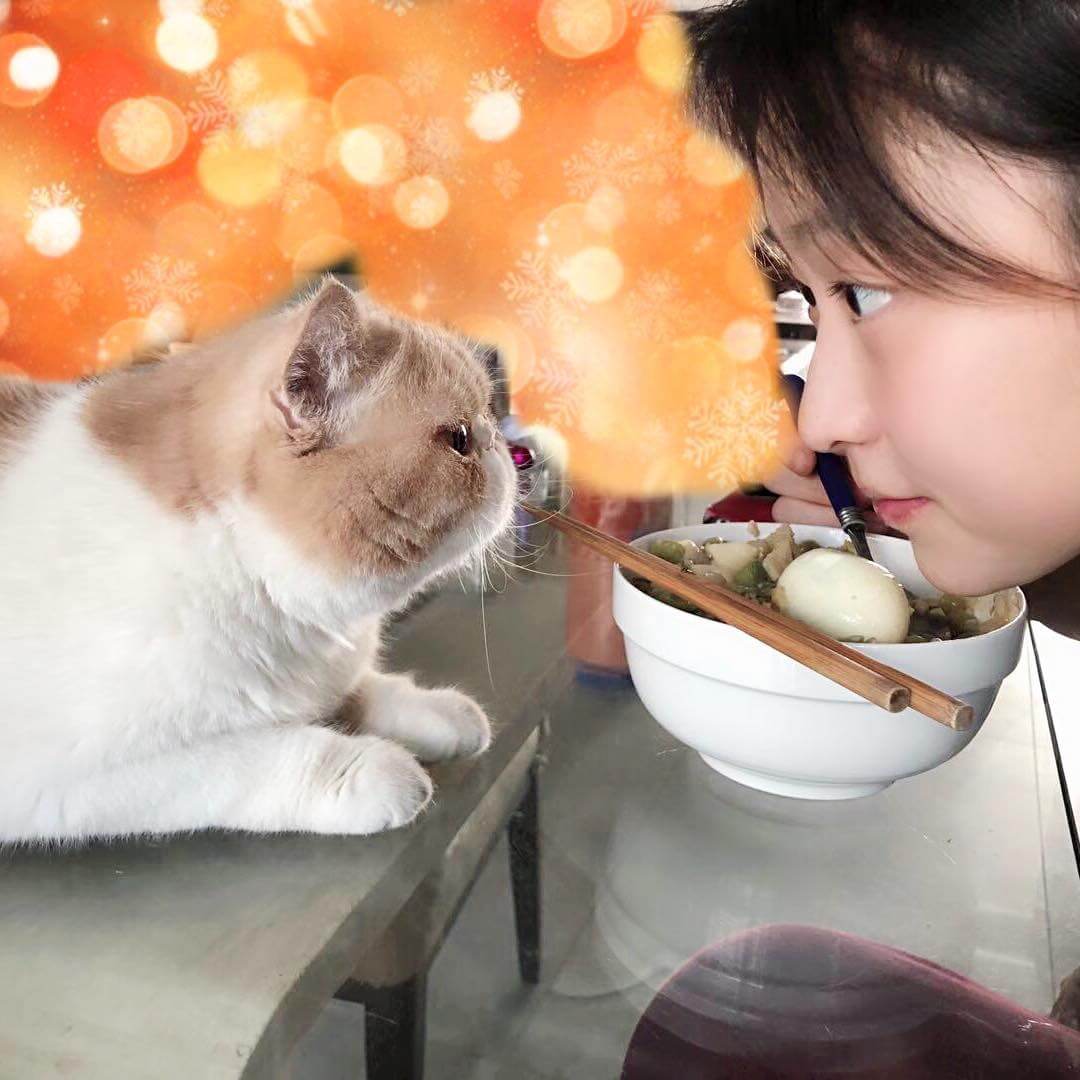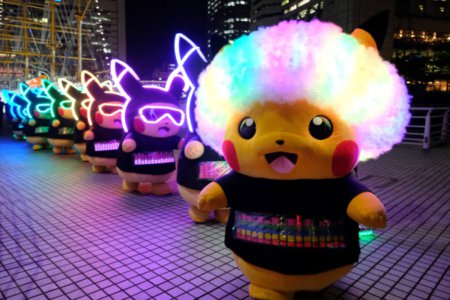
Shizheng Tie, more commonly known as JJ, hails from Luoyang, the capital of nine ruling dynasties where the Luo River and Yellow River meet in the west of Henan province. Her teen years, however, were spent in a high school in rural Ohio. For university, she would head to Boston for two years before transferring to Johns Hopkins University.
It’s been a lot of moving around. She often finds herself a stranger, yet again, in another new town. Writing in an article for the Johns Hopkins news column, “I never have enough time to form deep, devoted relationships, and that has especially been the case this year with so few in-person interactions.”
On campus, JJ is the Environmental Health and Engineering major is a co-chair of the Student Government Association (SGA) committee on Health Safety and Sustainability as well as a participating member of the SGA committee on Academic Affairs where she collects the opinions of underrepresented voices on campus.
For the past year, however, she’s been studying remotely in China. Her biggest challenge these days is time: there is a 13-hour time difference between Baltimore, Maryland and Luoyang. “I am in the SGA and doing research projects, so it’s been difficult to coordinate a time that works for everyone. More often than not, I need to accommodate by waking up in the middle of the night or by staying up super late,” she tells us.
JJ is set to graduate this May and has applied to various graduate schools. We caught up with her via email to learn more about how she juggles the time difference, her SGA responsibilities and her future plans:
Tell us more about yourself.
I am a pet lover and proud owner of an American Shorthair cat named Xiao Qi, a Persian cat named Dui Zhang, and a Bichon dog named Xue Bi. I also have a picture of Xue Bi tattooed on my arm. Aside from animal love, I have been a devout Taylor Swift fan since 2015.
Not to mention writing is something that matters a lot to me, so I routinely write for the Johns Hopkins University Newsletter.
What made you choose to study at John Hopkins University?
I chose to study abroad because I have heard a lot of nice things and inspirational stories about American education. I have also long aspired to work with the brightest minds at the forefront of scientific and engineering breakthroughs, so John Hopkins University was a great fit.

JJ can’t wait to get back to campus as she has many plans to further her studies in the US. Source: Shizheng Tie
What made you choose to study this course?
I chose to study the environment because I think it’s a relatively unpopular major compared to finance, economics, or computer science. I think it’s important for people’s standard of living in the future.
Do you think it would have made a difference if you studied at a local institution?
Definitely, because I think institutions in America — especially a prestigious one like Johns Hopkins University — provide more career opportunities on a global level compared to institutions in China.
How have your lecturers supported you in your studies thus far?
I think Johns Hopkins University has a very close-knit academic environment in which professors will do whatever they can to help a student develop their academic interests. I have been involved in research led by my professor — Dr. Ciaran Harman — as a research assistant. I am also currently a teaching assistant for another professor — Dr. Umesh Korde for his Resilience on Ecological Systems class. All these experiences are very important to me.
Tell us about your most memorable non-academic experience thus far.
I spent over five minutes trying to pick one experience to answer this question because there are too many. I guess I would have to say my favourite thing is when I went to a play called “A guide for homesickness,” or something along those lines, and then talked to the author the next day. It was really inspirational and enlightening.

JJ is also the Environmental Health and Engineering major is a co-chair of the Student Government Association (SGA) committee on Health Safety and Sustainability as well as a participating member of the SGA committee on Academic Affairs. Source: Shizheng Tie
Tell us about your hometown in China.
My hometown in Luoyang has been the capital of China for 13 dynasties. If you were to come visit, I would take you to Li Jing Men, the old town place and marketplace that sells historical gadgets and has traditional eateries.
Have you explored the US? Tell us about it.
My favourite place is Boston, which is why seven out of ten colleges I applied for are in that area. I like it because it gave me a sensation similar to the one I get being back home in Luoyang — both being cities of modern development and historical consolidations.
What about the food in the US?
My favorite is seafood, especially lobsters, shrimps and calamari. Something I am not a huge fan of is the salt water taffy, but that may be because I never had a sweet tooth.
Is it hard for a foreigner to order food or strike up a conversation with the locals?
It’s hard to say as I have studied in the US for nine years now so the language poses no barrier for me. However, I think people still hold some reservations for visitors with accents. When my parents and grandparents came to visit, they also had a hard time getting used to the cuisine. They like the pizzas and burgers, don’t get me wrong, but not eating Chinese food for over a week can make them very uncomfortable.
How did you substitute the things you missed from home in the US?
I miss Chinese food the most, so I learned to cook as well as take trips to Chinatown for groceries. I also missed my cats, dog, and my family — in that order. While there was no real substitution for that, I manage to video chat with them frequently.
What advice do you have for international students looking to start a new chapter abroad in the US?
It may not be what you envisioned. It is far from perfect, but I am glad to have made the decision to start my academic life in the US. The culture shock is real, people may not always like you, but you will have a great time.
What do you plan to do with this degree after graduating?
I will continue studying environmental engineering in graduate programmes. Right now, I have received offers from the bachelor/master programme at Hopkins, Cornell, and Columbia University. However, I want to wait to hear back from a few more, so I am unsure of where I’d like to study next.











